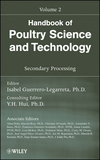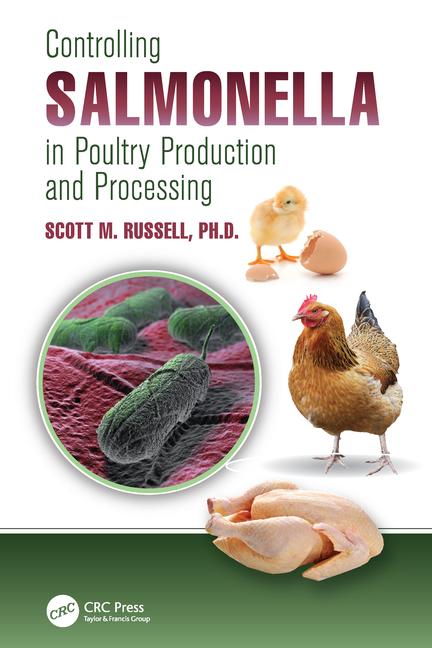India loses WTO dispute over banned U.S. poultry imports
The World Trade Organization has ruled that India illegally blocked U.S. poultry imports because of unsubstantiated bird flu fears. Reuters reports that a WTO panel found that India’s actions were not based on international standards and were discriminatory. The country had claimed that its restrictions were justified by international rules on animal health.
The WTO ruling was praised by the USA Poultry & Egg Export Council and the National Chicken Council (NCC).
“This is a major victory for American farmers. The WTO panel agreed with the U.S. case that India lacks any scientific basis to restrict U.S. agricultural products, including U.S. poultry products. Our farmers produce the finest – and safest – agricultural products in the world,” said U.S. Trade Representative Michael Froman. “This is the fourth major WTO victory the U.S. has announced this year as we continue to unlock economic opportunity for our workers, farmers, and businesses. This victory affirms the Administration’s commitment to ensuring WTO Members play by the rules, and that America’s farmers, workers and businesses get the fair shot they deserve to sell Made-in-America goods under WTO rules.”
"India's ban was thinly veiled protectionism," said USAPEEC President James Sumner and National Chicken Council President Michael Brown in a joint statement. "This ruling should send a signal to India and other countries that have placed similar bans on U.S. poultry that they are inconsistent with WTO rules and with guidelines established by the World Organization for Animal Health (OIE).
"Our industry believes that free and fair trade – particularly with food – should never be used as a political bargaining chip. Indian consumers deserve access to affordable and safe protein, which the U.S. has the ability to provide," said Sumner and Brown. "We thank former USTR Ron Kirk for initiating the complaint against India, and (current) Ambassador Michael Froman for continuing to pursue the case for a favorable outcome."
India’s Trade Ministry did not offer a comment, but a senior official told Reuters that the government would study the ruling and make a decision on whether or not to appeal the ruling.
The ruling does not give the U.S. automatic access to India's market, which is estimated to be approximately 2.6 million metric tons of U.S. chicken annually, and is growing at a rate of 8 percent to 10 percent per year.
"We recognize that work remains to open India's market – but this ruling is an important step toward securing that objective. We hope that the new Indian administration will be amenable to working with the U.S. government and industry to remove all restrictions and allow access for U.S. poultry in the near future," Sumner and Brown concluded.
Source: Reuters, NCC, USTR
Looking for a reprint of this article?
From high-res PDFs to custom plaques, order your copy today!






